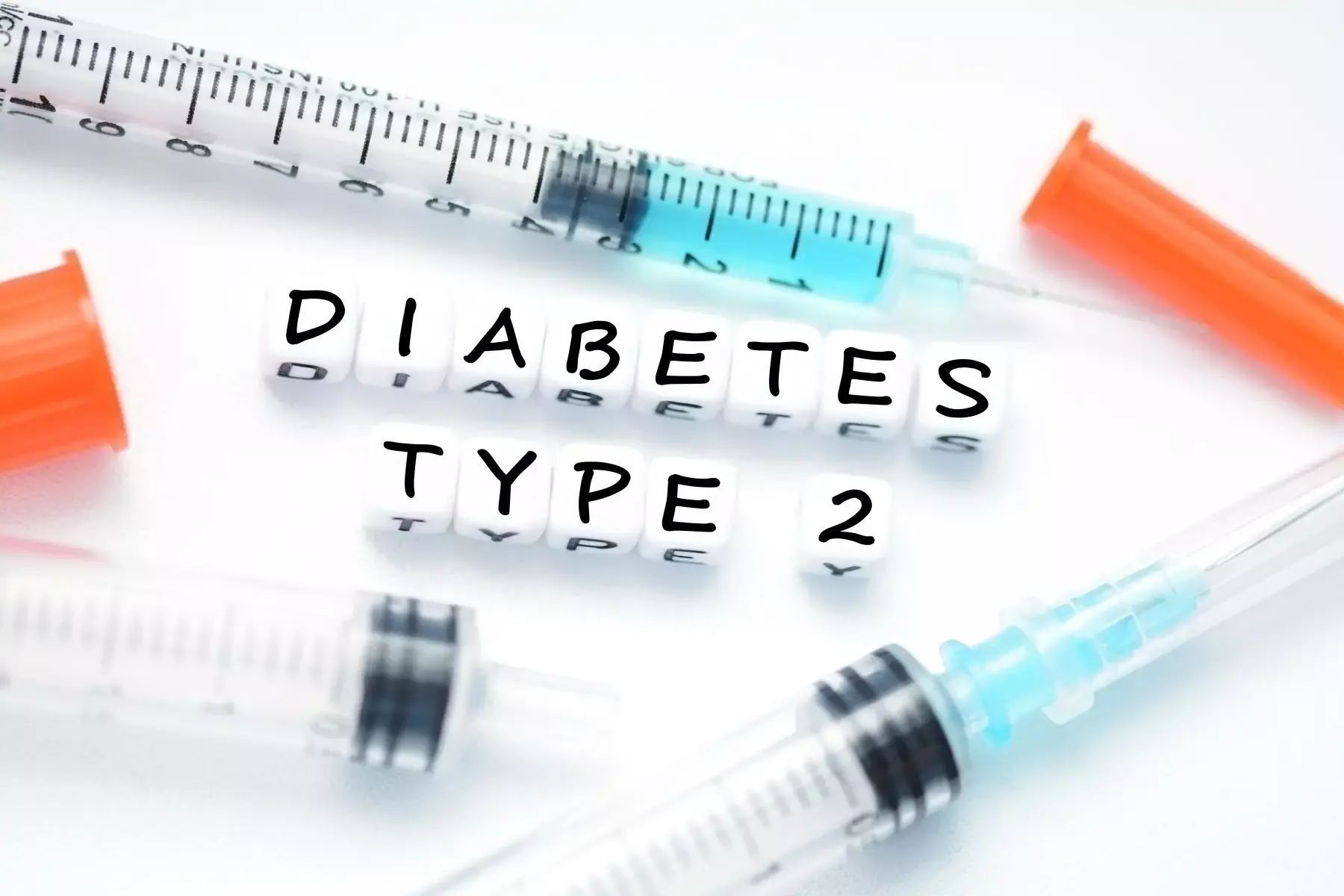- Home
- Medical news & Guidelines
- Anesthesiology
- Cardiology and CTVS
- Critical Care
- Dentistry
- Dermatology
- Diabetes and Endocrinology
- ENT
- Gastroenterology
- Medicine
- Nephrology
- Neurology
- Obstretics-Gynaecology
- Oncology
- Ophthalmology
- Orthopaedics
- Pediatrics-Neonatology
- Psychiatry
- Pulmonology
- Radiology
- Surgery
- Urology
- Laboratory Medicine
- Diet
- Nursing
- Paramedical
- Physiotherapy
- Health news
- Fact Check
- Bone Health Fact Check
- Brain Health Fact Check
- Cancer Related Fact Check
- Child Care Fact Check
- Dental and oral health fact check
- Diabetes and metabolic health fact check
- Diet and Nutrition Fact Check
- Eye and ENT Care Fact Check
- Fitness fact check
- Gut health fact check
- Heart health fact check
- Kidney health fact check
- Medical education fact check
- Men's health fact check
- Respiratory fact check
- Skin and hair care fact check
- Vaccine and Immunization fact check
- Women's health fact check
- AYUSH
- State News
- Andaman and Nicobar Islands
- Andhra Pradesh
- Arunachal Pradesh
- Assam
- Bihar
- Chandigarh
- Chattisgarh
- Dadra and Nagar Haveli
- Daman and Diu
- Delhi
- Goa
- Gujarat
- Haryana
- Himachal Pradesh
- Jammu & Kashmir
- Jharkhand
- Karnataka
- Kerala
- Ladakh
- Lakshadweep
- Madhya Pradesh
- Maharashtra
- Manipur
- Meghalaya
- Mizoram
- Nagaland
- Odisha
- Puducherry
- Punjab
- Rajasthan
- Sikkim
- Tamil Nadu
- Telangana
- Tripura
- Uttar Pradesh
- Uttrakhand
- West Bengal
- Medical Education
- Industry
Lower serum magnesium tied to higher risk of type 2 diabetes and insulin resistance: Study

China: A recent study in the journal Nutrients showed that a lower concentration of serum magnesium is associated with a higher risk of insulin resistance (IR) and type 2 diabetes (T2D).
Globally, the increasing burden of type 2 diabetes has led to high morbidity and socioeconomic impact in developing countries. In India, too, it has become a silent epidemic and is estimated that over 60 million people are affected by diabetes. In recent years, although, a lot of research has been done on diabetes management, the latest treatment modalities may not be affordable at all. Considering this, it becomes important to prioritize research on prevention and primary care.
Magnesium is an essential mineral for the human body and a cofactor or activator for more than 300 enzymatic reactions, including insulin release and blood glucose control. Hypomagnesia has been demonstrated to precipitate hyperglycemia and therefore has been implicated in insulin resistance and its microvascular complications. Poor blood sugar control has been associated with retinopathy. Hence, Weiyi Li, Chinese Center for Disease Control and Prevention, Beijing, China, and colleagues evaluated the association of serum magnesium with type 2 diabetes mellitus and diabetic retinopathy in a prospective cohort study.
The study included 5044 participants aged 18 years and older without insulin resistance (IR) and diabetes at the baseline from China Health and Nutrition Survey (CHNS). For measuring both types of magnesium, hemoglobin A1c (HbA1c), fasting blood glucose, and fasting insulin, a fasting blood sample was taken.
The researchers recorded demographic characteristics of participants, and risk factors such as intensity of physical activities, smoking status, drinking habits, and anthropometric information. IR was defined as HOMA-IR ≥ 2.5, and Type 2 diabetes mellitus was defined as fasting plasma glucose ≥ 7.0 mmol/L or HbA1c ≥ 6.5%, or a self-reported diagnosis or treatment of diabetes.
During an average follow-up of 5.8 years, a total of 1331 incident insulin resistance events and 429 incident diabetic events were recorded.
Based on the study, the researchers reported the following:
- The serum magnesium concentration was categorized into quintiles.
- After adjusting for relevant covariates, the third quintile of serum magnesium (0.89–0.93 mmol/L) was correlated with a 29% lower risk of incident insulin resistance (hazard ratio = 0.71) and with a lower risk of Type 2 diabetes.
- Multivariable-adjusted hazard ratios for insulin resistance were compared with the lowest quintile of serum magnesium (<0.85).
- The researchers found similar results when evaluating serum magnesium as a continuous measure.
- Restricted cubic spline (RCS) curves showed a nonlinear dose-response correlation in both serum magnesium levels and insulin resistance and in serum magnesium levels and Type 2 diabetes.
"Lower serum magnesium is associated with IR and type 2 diabetes in patients with normal serum magnesium levels," wrote the authors. "Nonlinear dose–response relationships were found in both serum magnesium and IR, and in serum magnesium and Type 2 diabetes."
"Further discussion is warranted for the potential reasons for the U-shaped association between serum magnesium levels, and the risk of IR and diabetes," they concluded.
Reference:
Li W, Jiao Y, Wang L, Wang S, Hao L, Wang Z, Wang H, Zhang B, Ding G, Jiang H. Association of Serum Magnesium with Insulin Resistance and Type 2 Diabetes among Adults in China. Nutrients. 2022 Apr 25;14(9):1799. doi: 10.3390/nu14091799. PMID: 35565766; PMCID: PMC9104014.
Dr Kamal Kant Kohli-MBBS, DTCD- a chest specialist with more than 30 years of practice and a flair for writing clinical articles, Dr Kamal Kant Kohli joined Medical Dialogues as a Chief Editor of Medical News. Besides writing articles, as an editor, he proofreads and verifies all the medical content published on Medical Dialogues including those coming from journals, studies,medical conferences,guidelines etc. Email: drkohli@medicaldialogues.in. Contact no. 011-43720751


